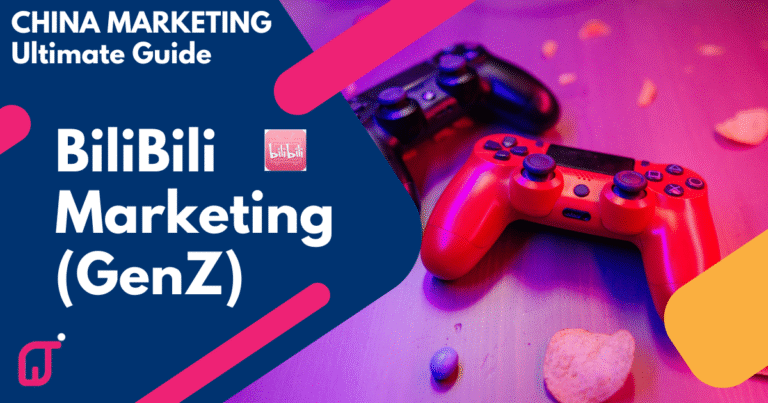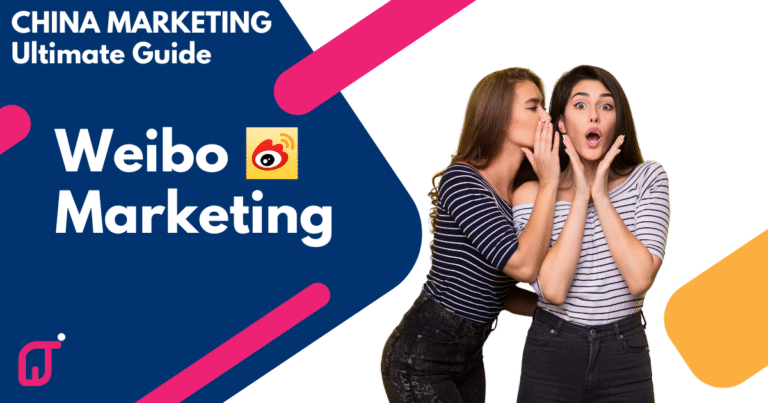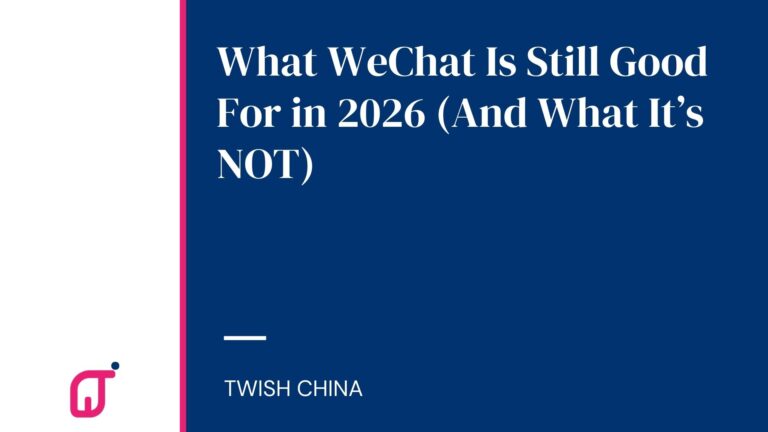International Hotel Group Member Marketing in the Chinese Market
In the first half of 2023, international hotel brands experienced a rapid recovery, achieving an average YOY growth of over 60%. The Chinese market, especially local brands such as ATOUR and H world, delivered impressive results. ATOUR achieved a remarkable 93.1% YOY growth, while H world recorded a 65.05% growth and 80% occupancy rate in H1, particularly in the mid- to high-end hotel segment, accumulating a loyal customer base.
ClubMed achieved double-digit growth of 33.70%. This globally renowned resort brand has long been known for its unique vacation experiences, and its performance growth reaffirms the sustained demand for luxurious travel experiences.
Marriott and Hilton achieved annual growth of 22.58% and 25.04% respectively. The mid- to high-end travel market in China has not been significantly impacted by economic downturn, but has instead shown significant growth against the trend. It is evident that strong brand building, effective promotion, diverse accommodation experiences, and differentiated member services are key drivers for the sustained and stable performance of hotel brands in China.
Through the most crucial membership marketing in the hotel industry, we carefully dissect how these hotel groups communicate with Chinese consumers and navigate through the pandemic phase with localized strategies.
Socializing reigns supreme: Every touchpoint beckons you to join in.
In addition to official websites and apps, most hotel brands in China utilize various channels such as social media platforms including WeChat, Xiaohongshu, Douyin, Chinese OTA platforms, and offline hotel LED screens and restaurant table cards, to provide QR codes for membership registration.
In China, with over 600 million daily active users, WeChat has developed “mini-programs,” which are applications that can be used without downloading. Almost all hotel brands have integrated these mini-programs as the primary means for membership registration and room booking in the Chinese market, complementing their existing apps.
Through these mini-programs and integration with social platforms, hotels are able to penetrate users’ daily lives, providing real-time communication and comprehensive benefits.






Essentiality of Membership Tiers: Distinguishing by the Value of Membership.

H world, Marriott and Hilton mainly earn points by spending room nights. Atour integrates joint activities with other lifestyles as a way to earn points.
The focus shifts from service provider-centric design to customer-centric product creation.




Localized Promotion Activities Covering a Variety of Traveler Groups.
Marriott introduced a special offering during the 38th Festival, inviting women to pamper themselves with champagne and enjoy a fun party with their friends. The Spring Festival promotion is tailored to China’s tradition of family reunions during this time, as more people opt for family vacations and staycations for the New Year. The Spring Festival promotion is tailored to China’s tradition of family reunions during this time, as more people opt for family vacations and staycations for the New Year.
Hilton has rolled out an interactive activity for parents and children, featuring DIY projects and the collection of exclusive badges and limited mystery boxes.



Atour focuses on lifestyle discounts such as annual benefits at Yongpu coffee and reading community, as well as sports perks. In cooperation with Keep, it will offer ten paid courses through the app in over 100 Atour stores nationwide. Atour A card members staying at these stores can access Keep’s paid courses for free via smart TV screens. Additionally, Atour will collaborate with FMCG brands to launch special New Year’s gift box deals during Chinese New Year festivities.



Developing Interactive Member Day Campaigns for Enhancing Loyalty.
Marriott – The 8th of each month is the member day to have quiz campaign, which is a good match for the consumer groups of gold to platinum elite frequent travelers, with a participation rate of more than 70%, and members will participate in the forum on the Flyert;



Hilton – Member’s Day and OTA Fliggy Promotion are combined, with bonus points and discounts or room vouchers lottery for free, while keeping interactions less gamified.
H world and Atour take a more direct approach by using co-branded discount coupons, discounted reservations, or one-yuan bidding points to incentivize fans to spend on member days.
Co-branding and Mystery Boxes, Breaking Through Audience Boundaries.

To attract young people, it’s important to mirror the lifestyle of the new generation.
Marriott undertook brand rejuvenation efforts during the pandemic and introduced a novel experience at the hotel, gaming viewing. By partnering with popular domestic game King of Honor, Marriott offered special skins and allowed guests to book rooms for watching games. Despite the epidemic, not only did the hotel’s popularity rise, but room bookings also increased.
Hilton designed its own brand of mystrey boxes during the summer, members can get the box by booking a room and they are invited to take photos and upload them in Hilton mini-program.
Atour, which is known for creating lifestyle experiences, has co-branded with its own brand image and Yongpu Coffee to create a coffee experience store.
Joining Forces to Expand the Membership Base.
Given the unshakeable position of domestic OTAs, hotel brands opt to collaborate with them as the initial step in expanding their membership base. This enables them to retain and solidify loyal brand members within a private domain environment.
Many hotel brands engage in cooperation through live streaming with Fliggy.

Directly accessing Gold tier members is possible by partnering with Alibaba Group’s 88VIP program.

Additionally, Ctrip’s reservation offers and other methods of hotel cooperation are also considered.
Epicureans are also a prime target for membership acquisition.
In addition to the typical collaboration model with OTAs, Dianping, a domestic innovative dining and review platform similar to Yelp, partnered to promote hotel packages and seasonal themes. They introduced afternoon tea collaborations with luxury brands and included Black Pearl restaurants in their list to entice members with point rewards for dining. Additionally, they rolled out takeaway packages during the pandemic lockdown period to address the challenging business environment.
Establish a distinct positioning on different social platform to curate diverse travel-themed content.
H world: Most of them take topics or common scenes of the Chinese tradition as the entry point, with hotel introduction and brand recommendation, supplemented by preferential promotion information as the main content.
Hilton: Emphasizes cultural industry and family travel, along with promotional content and Celebrity or KOL endorsements to encourage bookings.
Atour: Shape a lifestyle-oriented positioning, create its own role of all-round aesthetic services for users, and the content is based on fans cultivation.
Marriott Bonvoy: Content revolves around travel tips and themed living experiences to inspire users to embark on journeys. This is complemented by membership upgrades and special offers during festivals, appealing primarily to travel enthusiasts.
Despite the complexity of China’s hotel marketing environment, there remains a significant number of Chinese tourists seeking upscale or unique hotel experiences. Moreover, business travelers in China still show less interest in remote work arrangements; thus, hotels continue to achieve favorable marketing results and maintain customer loyalty through effective brand building and cultivating user loyalty through private domain strategies.
Source:




